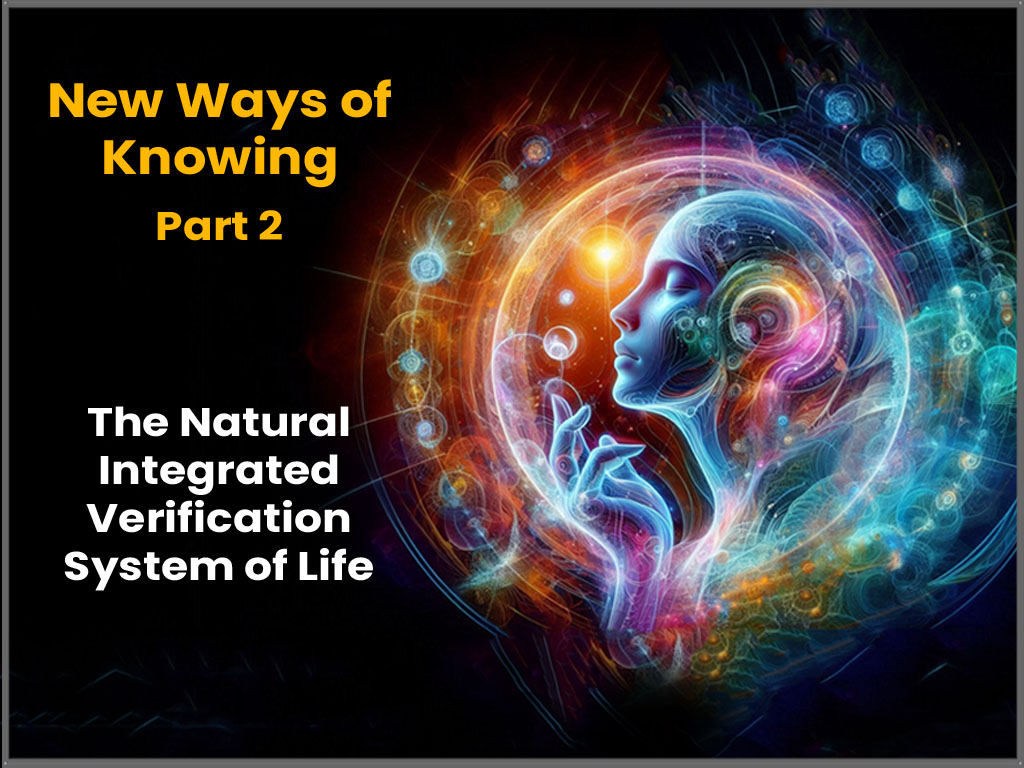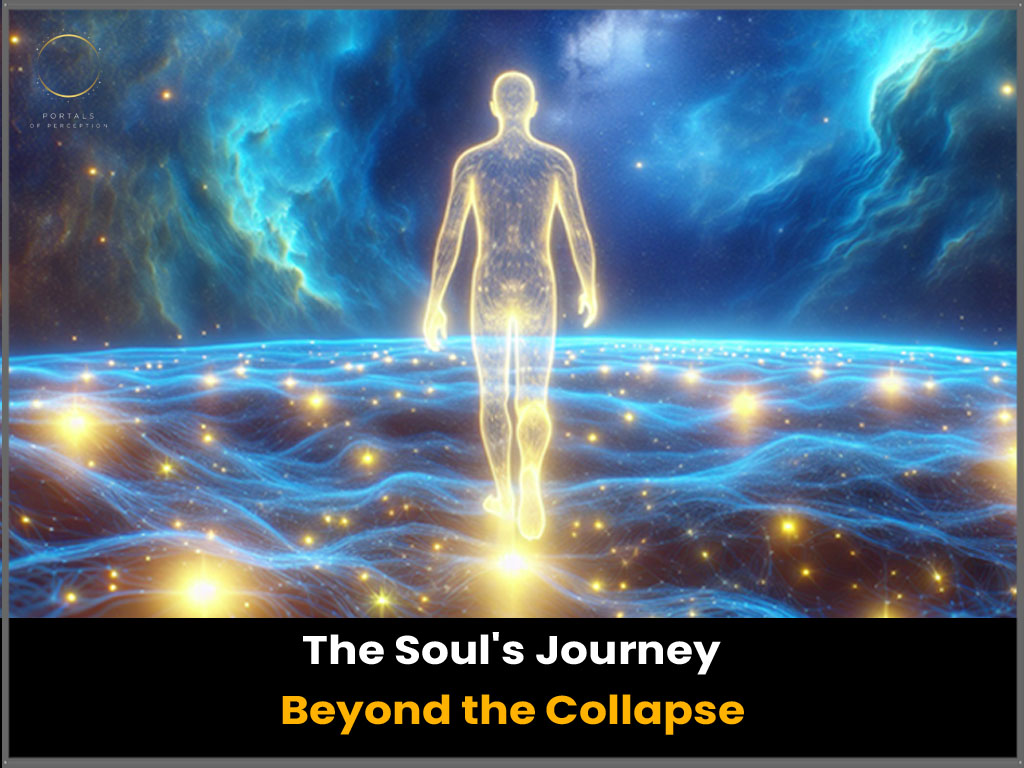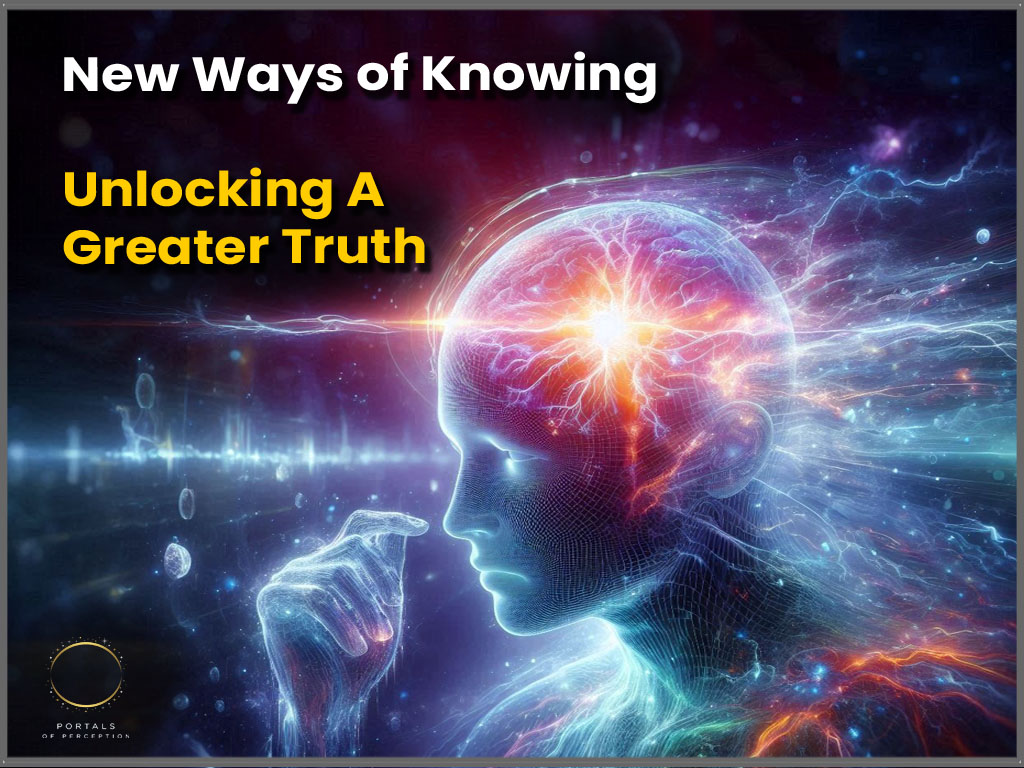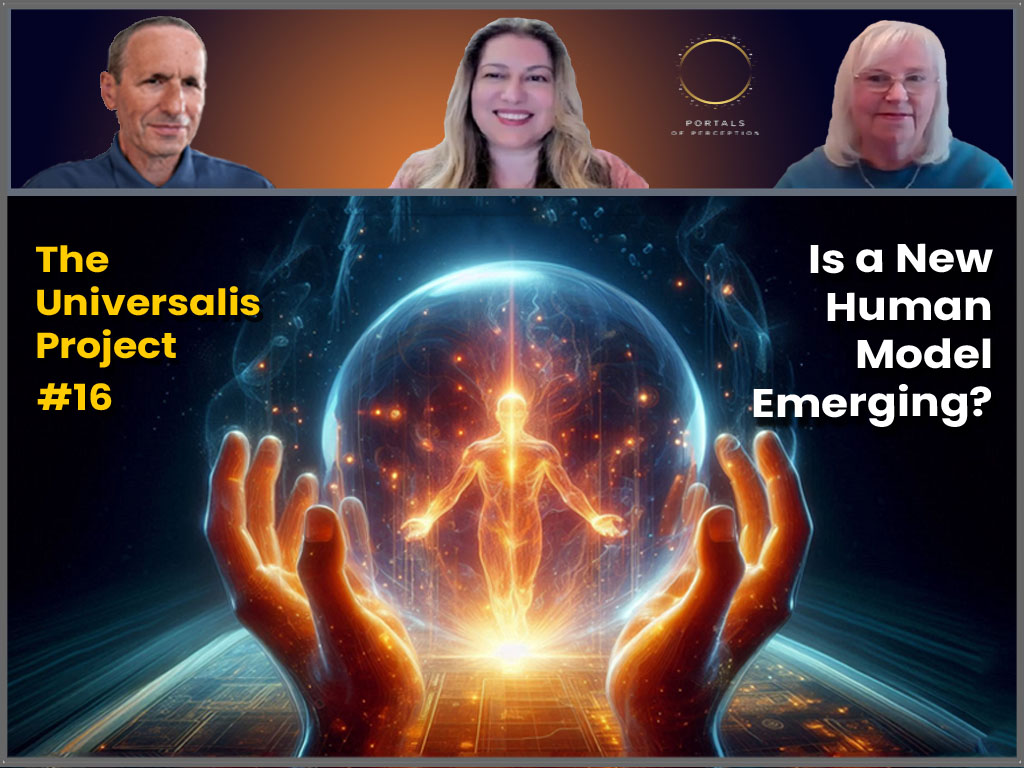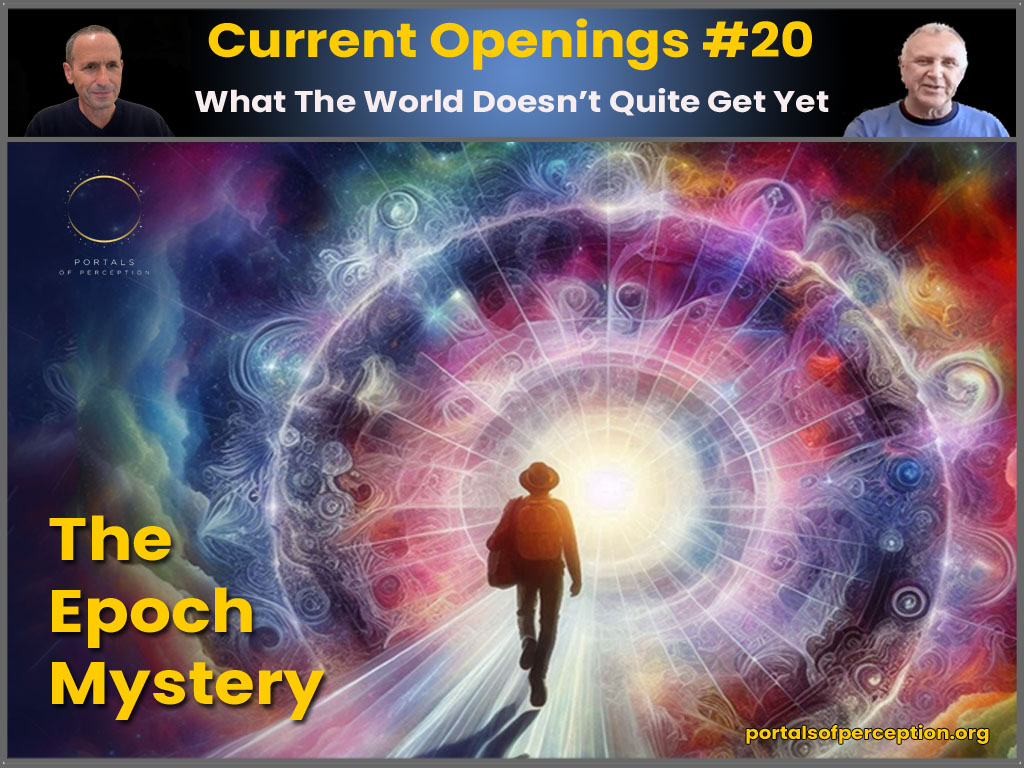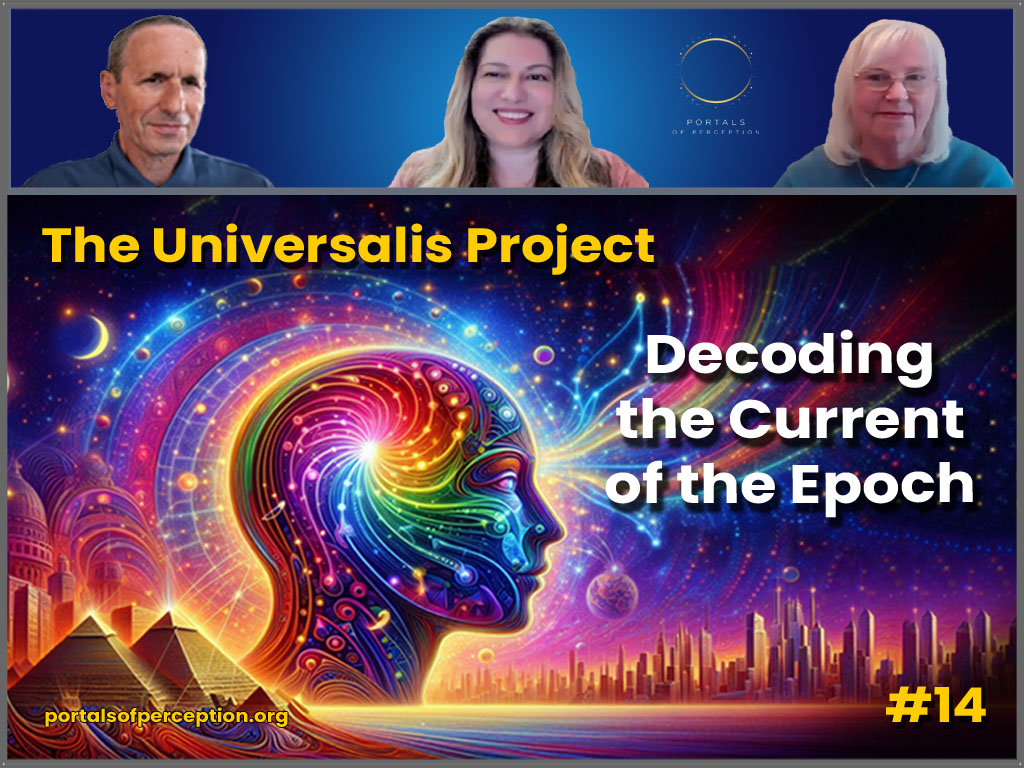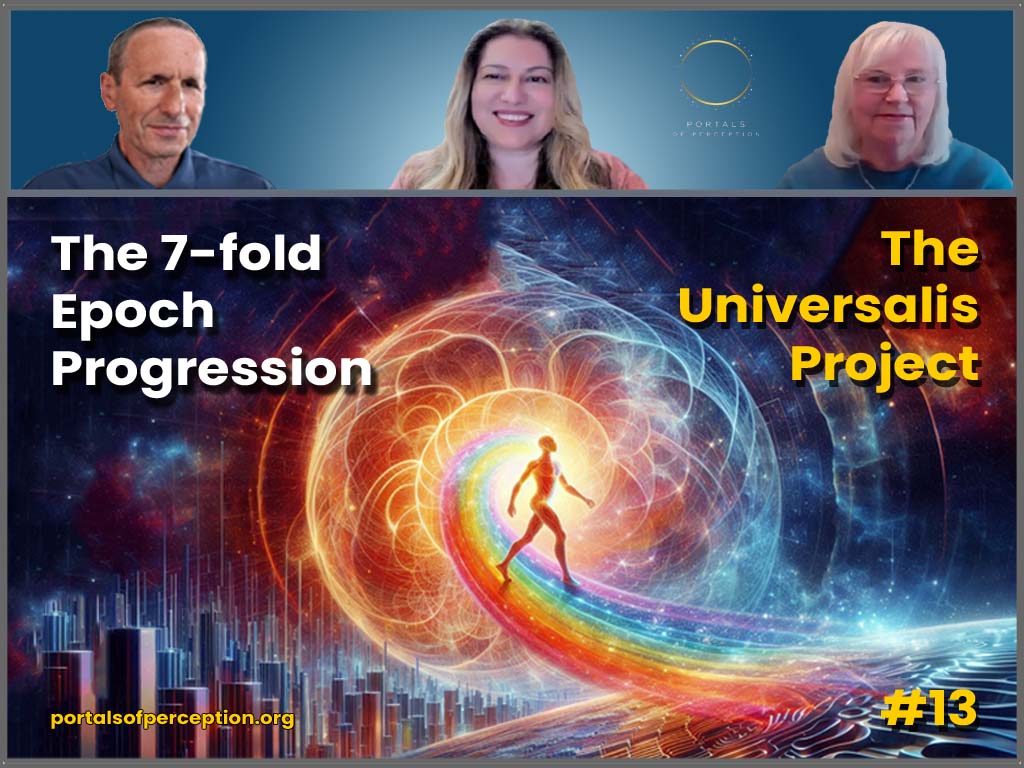
There is what may seem to be a cynical contrarian view that technology has not solved any of the true existential problems facing civilization so far on our global table; technology didn't solve the pandemic; it didn't solve climate change. Most of what happened in the last 30 or 40 years did not deliver on technology’s early promise, when conventional wisdom was that computers would ease the burden of labor and give us all a tremendous boost in leisure time.
Or did technologies developed to solve specific problems actually solve the problems that they were designed to address? And what we have, on the other hand, is a law of unintended consequences: as we create new technology, we create new problems.
In this conversation, Aviv Shahar and two global researchers on the leading edge of technology development explore the evolution of artificial intelligence and its implications for the evolution of humanity.
Artificial intelligence has created an evolutionary shift in perception in the mind of the human. We're able to perceive more, we're able to perceive differently than what we did in 1936. What we're creating as intelligence systems now might seem advanced at the moment that we create them, and yet, five years later, we look back on them and say, ‘Wow, that was so primitive.’



